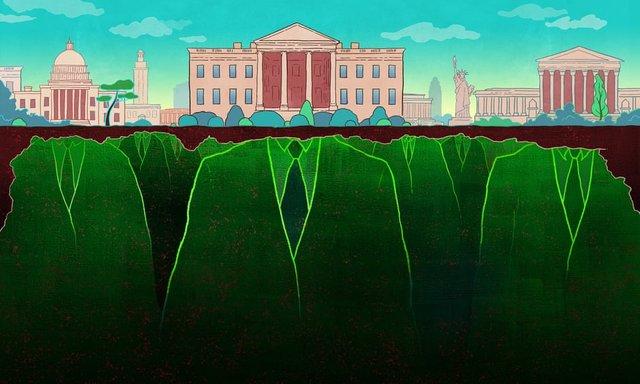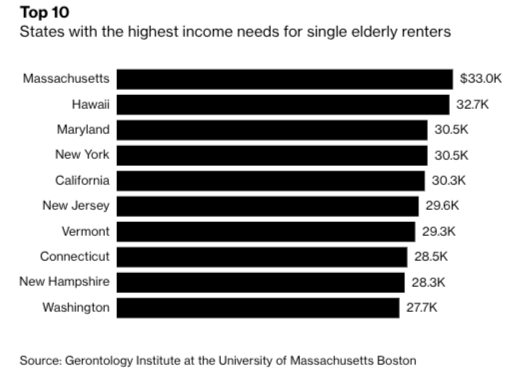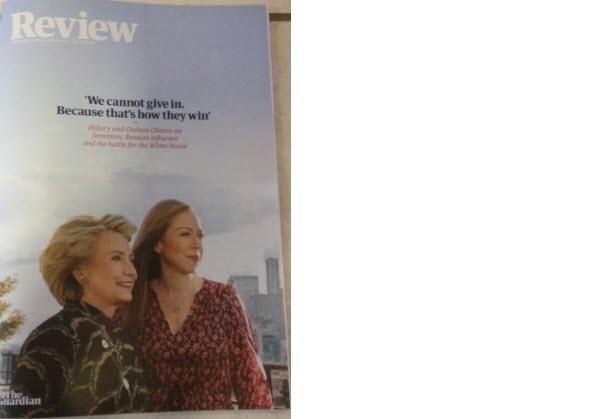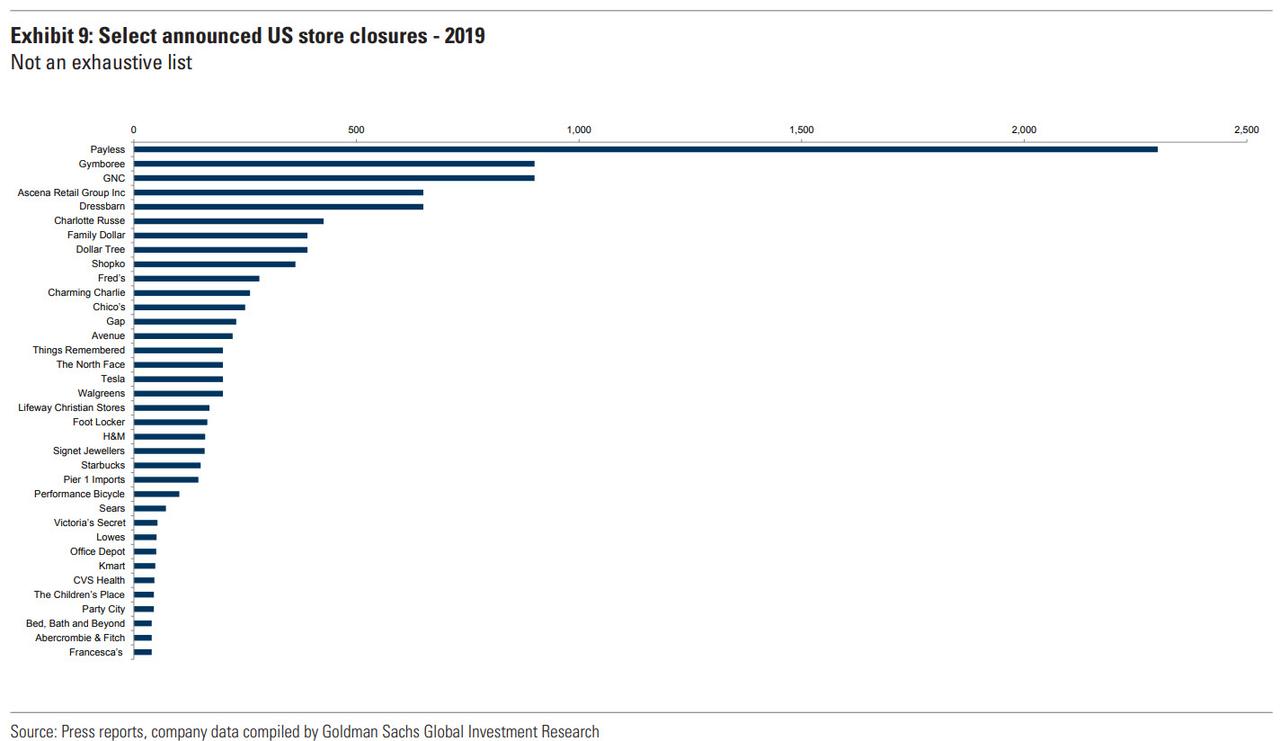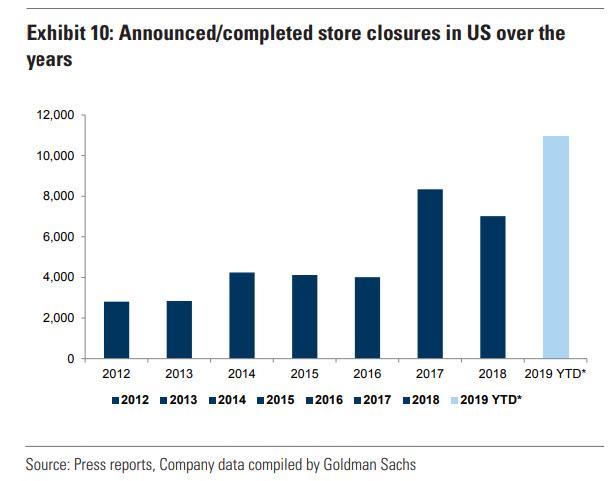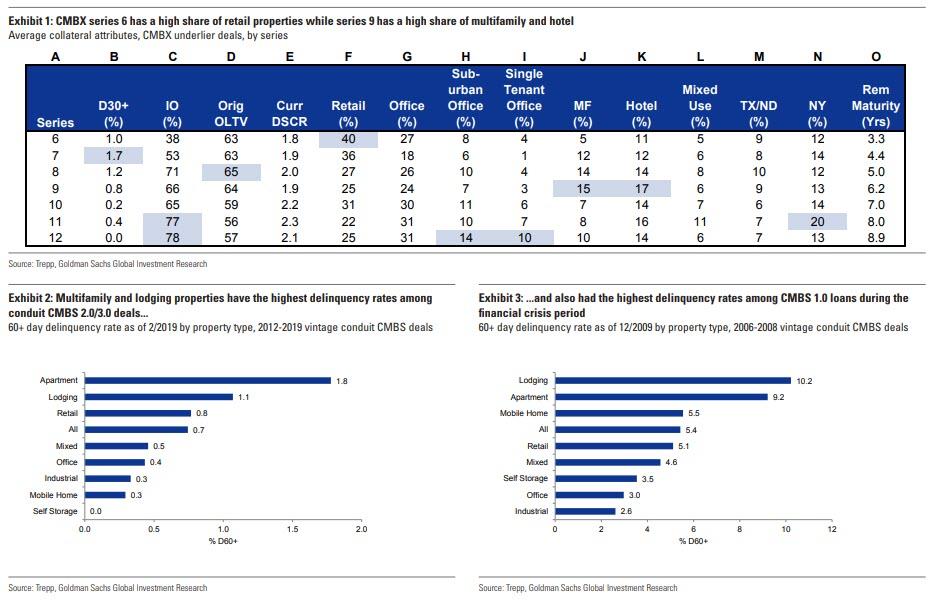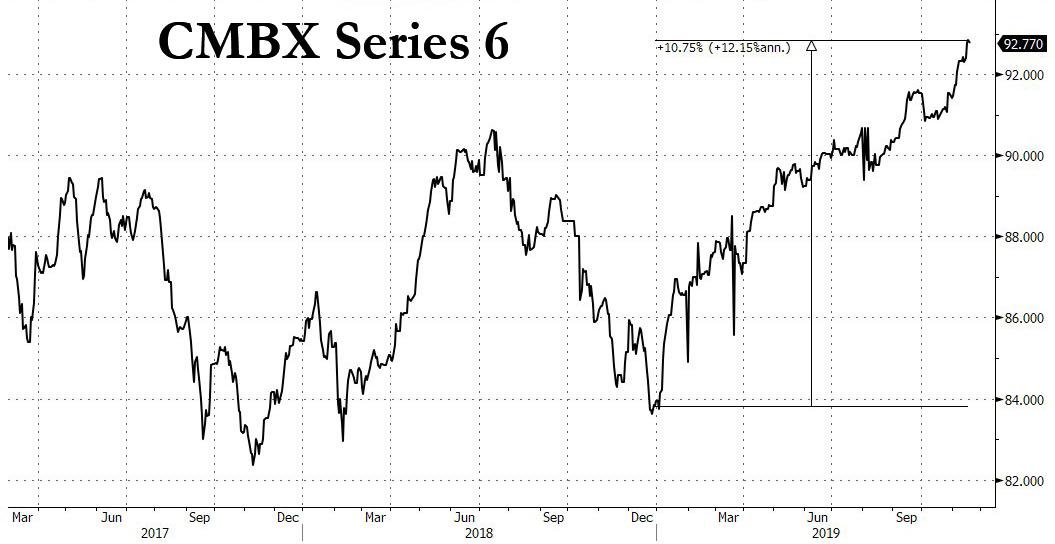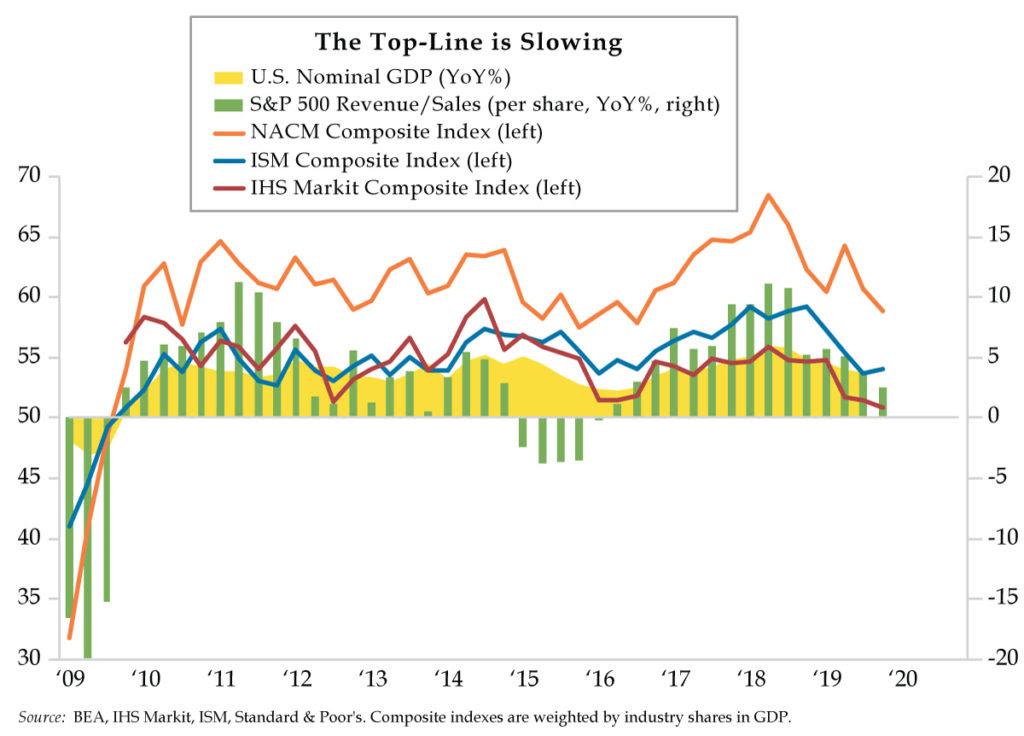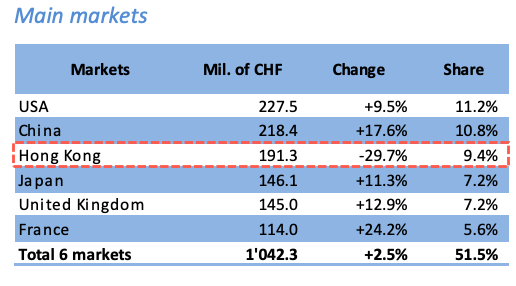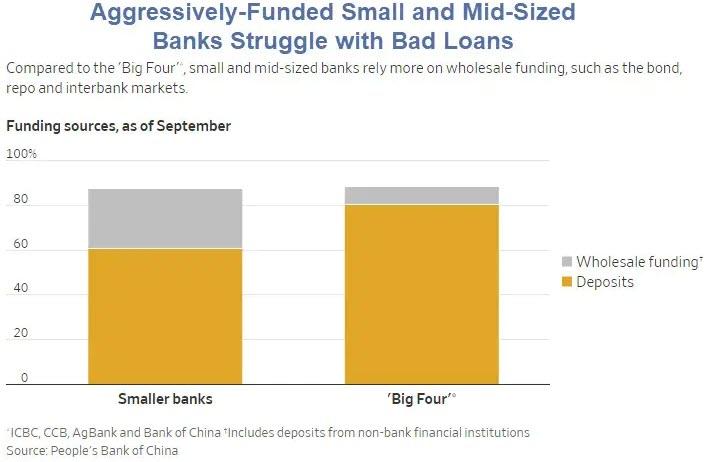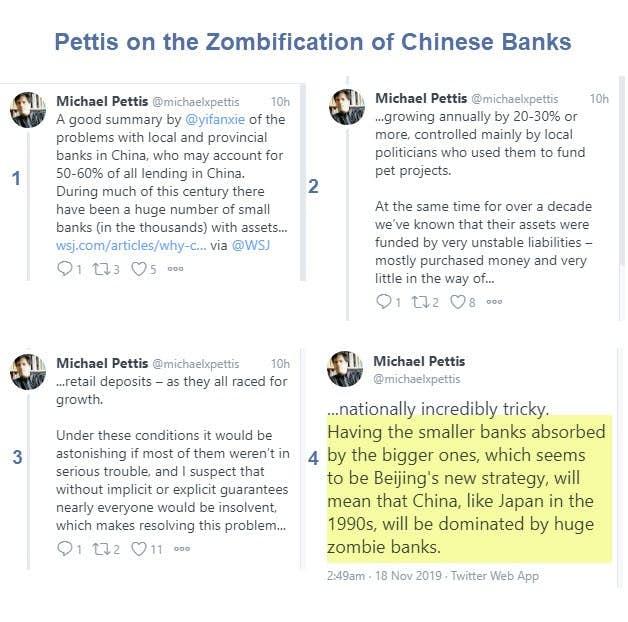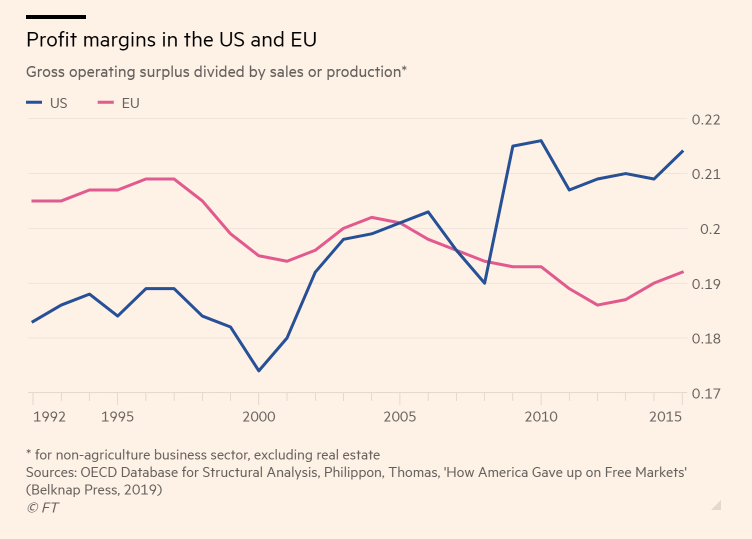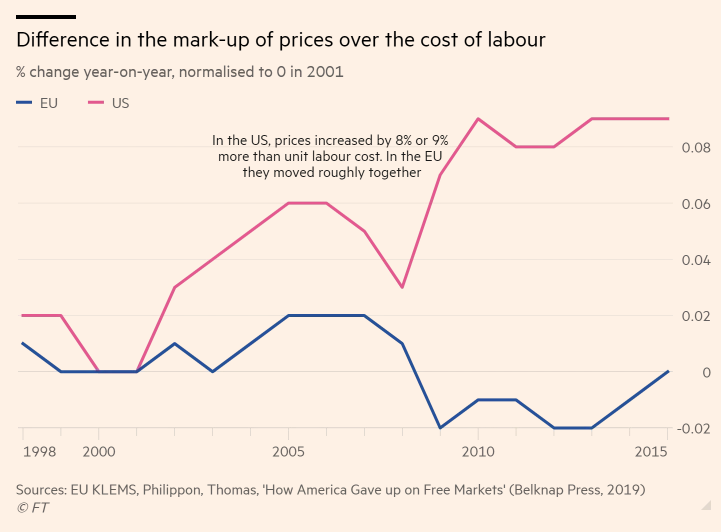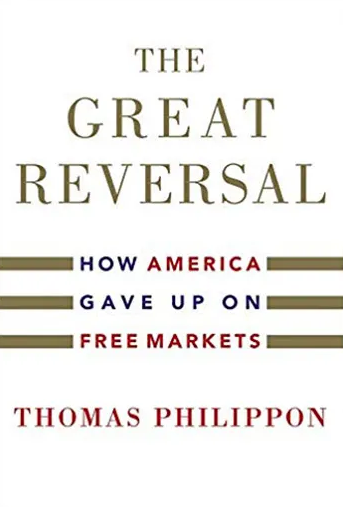Impeach The Government: Rogue Agencies Have Been Abusing Their Powers For Decades
Authored by John Whitehead via The Rutherford Institute,
“When a man unprincipled in private life[,] desperate in his fortune, bold in his temper . . . despotic in his ordinary demeanour – known to have scoffed in private at the principles of liberty – when such a man is seen to mount the hobby horse of popularity – to join in the cry of danger to liberty – to take every opportunity of embarrassing the General Government & bringing it under suspicion – to flatter and fall in with all the non sense of the zealots of the day – It may justly be suspected that his object is to throw things into confusion that he may ‘ride the storm and direct the whirlwind.’”
– Alexander Hamilton
By all means, let’s talk about impeachment.
To allow the President or any rogue government agency or individual to disregard the rule of law whenever, wherever and however it chooses and operate “above the law” is exactly how a nation of sheep gives rise to a government of wolves.
To be clear: this is not about Donald Trump.
Or at least it shouldn’t be just about Trump.
This is a condemnation of every government toady at every point along the political spectrum—right, left and center—who has conspired to expand the federal government’s powers at the expense of the citizenry.
For too long now, the American people have played politics with their principles and turned a blind eye to all manner of wrongdoing when it was politically expedient, allowing Congress, the White House and the Judiciary to wreak havoc with their freedoms and act in violation of the rule of law.
“We the people” are paying the price for it now.
We are paying the price every day that we allow the government to continue to wage its war on the American People, a war that is being fought on many fronts: with bullets and tasers, with surveillance cameras and license readers, with intimidation and propaganda, with court rulings and legislation, with the collusion of every bureaucrat who dances to the tune of corporate handouts while on the government’s payroll, and most effectively of all, with the complicity of the American people, who continue to allow themselves to be easily manipulated by their politics, distracted by their pastimes, and acclimated to a world in which government corruption is the norm.
Don’t keep falling for the Deep State’s ploys.
This entire impeachment process is a manufactured political circus—a shell game—aimed at distracting the public from the devious treachery of the American police state, which continues to lock down the nation and strip the citizenry of every last vestige of constitutional safeguards that have historically served as a bulwark against tyranny.
Has President Trump overstepped his authority and abused his powers?
Without a doubt.
Then again, so did Presidents Obama, Bush, Clinton, and almost every president before them.
Trump is not the first president to weaken the system of checks and balances, sidestep the rule of law, and expand the power of the president. He is just the most recent.
If we were being honest and consistent in holding government officials accountable, you’d have to impeach almost every president in recent years for operating “above the law,” unbound by the legislative or judicial branches of the government.
When we refer to the “rule of law,” that’s constitutional shorthand for the idea that everyone is treated the same under the law, everyone is held equally accountable to abiding by the law, and no one is given a free pass based on their politics, their connections, their wealth, their status or any other bright line test used to confer special treatment on the elite.
When the government and its agents no longer respect the rule of law—the Constitution—or believe that it applies to them, then the very contract on which this relationship is based becomes invalid.
Although the Constitution requires a separation of powers between the executive, legislative and judicial branches of government in order to ensure accountability so that no one government agency becomes all-powerful, each successive president over the past 30 years has, through the negligence of Congress and the courts, expanded the reach and power of the presidency by adding to his office’s list of extraordinary orders, directives and special privileges.
All of the imperial powers amassed by Barack Obama and George W. Bush—to kill American citizens without due process, to detain suspects indefinitely, to strip Americans of their citizenship rights, to carry out mass surveillance on Americans without probable cause, to suspend laws during wartime, to disregard laws with which he might disagree, to conduct secret wars and convene secret courts, to sanction torture, to sidestep the legislatures and courts with executive orders and signing statements, to direct the military to operate beyond the reach of the law, to operate a shadow government, and to act as a dictator and a tyrant, above the law and beyond any real accountability—were inherited by Donald Trump.
These presidential powers—acquired through the use of executive orders, decrees, memorandums, proclamations, national security directives and legislative signing statements and which can be activated by any sitting president—enable past, president and future presidents to act as a dictator by operating above the law and beyond the reach of the Constitution.
Yet in operating above the law, it’s not just the president who has become a law unto himself.
The government itself has become an imperial dictator, an overlord, a king.
This is what you might call a stealthy, creeping, silent, slow-motion coup d’état.
This abuse of power has been going on for so long that it has become the norm, the Constitution be damned.
There are hundreds—make that thousands—of government bureaucrats who are getting away with murder (in many cases, literally) simply because the legislatures, courts and the citizenry can’t be bothered to make them play by the rules of the Constitution.
Unless something changes in the way we deal with these ongoing, egregious abuses of power, the predators of the police state will continue to wreak havoc on our freedoms, our communities, and our lives.
It’s the nature of the beast: power corrupts.
Worse, as 19th-century historian Lord Acton concluded, absolute power corrupts absolutely.
It doesn’t matter whether you’re talking about a politician, an entertainment mogul, a corporate CEO or a police officer: give any one person (or government agency) too much power and allow him or her or it to believe that they are entitled, untouchable and will not be held accountable for their actions, and those powers will eventually be abused.
We’re seeing this dynamic play out every day in communities across America.
A cop shoots an unarmed citizen for no credible reason and gets away with it. A president employs executive orders to sidestep the Constitution and gets away with it. A government agency spies on its citizens’ communications and gets away with it. An entertainment mogul sexually harasses actors and actresses and gets away with it. The U.S. military bombs civilian targets and gets away with it.
Abuse of power—and the ambition-fueled hypocrisy and deliberate disregard for misconduct that make those abuses possible—works the same whether you’re talking about sexual harassment, government corruption, or the rule of law.
Twenty years ago, I was a lawyer for Paula Jones, who sued then-President Clinton for dropping his pants and propositioning her for sex when he was governor of Arkansas. That lawsuit gave rise to revelations about Clinton’s affair with Monica Lewinsky, a 21-year-old intern at the White House, and his eventual impeachment for lying about it under oath.
As Dana Milbank writes for The Washington Post:
We didn’t know it at the time, of course. But in Bill Clinton were the seeds of Donald Trump. With 20 years of hindsight, it is clear… Clinton’s handling of the Monica Lewinsky affair was a precursor of the monstrosity we now have in the White House: dismissing unpleasant facts as “fake news,” self-righteously claiming victimhood, attacking the press and cloaking personal misbehavior in claims to be upholding the Constitution…. Clinton set us on the path, or at least accelerated us down the path, that led to today.
It doesn’t matter what starts us down this path, whether it’s a president insisting that he get a free pass for sexually harassing employees, or waging wars based on invented facts, or attempting to derail an investigation into official misconduct.
If we continue down this road, there can be no surprise about what awaits us at the end.
After all, it is a tale that has been told time and again throughout history about how easy it is for freedom to fall and tyranny to rise, and it often begins with one small, seemingly inconsequential willingness on the part of the people to compromise their principles and undermine the rule of law in exchange for a dubious assurance of safety, prosperity and a life without care.
For example, 86 years ago, the citizens of another democratic world power elected a leader who promised to protect them from all dangers. In return for this protection, and under the auspice of fighting terrorism, he was given absolute power.
This leader went to great lengths to make his rise to power appear both legal and necessary, masterfully manipulating much of the citizenry and their government leaders.
Unnerved by threats of domestic terrorism and foreign invaders, the people had little idea that the domestic turmoil of the times—such as street rioting and the fear of Communism taking over the country—was staged by the leader in an effort to create fear and later capitalize on it.
In the ensuing months, this charismatic leader ushered in a series of legislative measures that suspended civil liberties and habeas corpus rights and empowered him as a dictator.
On March 23, 1933, the nation’s legislative body passed the Enabling Act, formally referred to as the “Law to Remedy the Distress of the People and the Nation,” which appeared benign and allowed the leader to pass laws by decree in times of emergency.
What it succeeded in doing, however, was ensuring that the leader became a law unto himself.
The leader’s name was Adolf Hitler, and the rest, as they say, is history.
Yet history has a way of repeating itself.
Hitler’s rise to power should serve as a stark lesson to always be leery of granting any government leader sweeping powers.
Clearly, we are not heeding that lesson.
“How lucky it is for rulers,” Adolf Hitler once said, “that men cannot think.”
The horrors that followed in Nazi Germany might have been easier to explain if Hitler had been right. But the problem is not so much that people cannot think but that they do not think. Or if they do think, as in the case of the German people, that thinking becomes muddled and easily led.
Hitler’s meteoric rise to power, with the support of the German people, is a case in point.
On January 30, 1933, Hitler was appointed chancellor of Germany in full accordance with the country’s legal and constitutional principles. When President Paul von Hindenburg died the following year, Hitler assumed the office of president, as well as that of chancellor, but he preferred to use the title Der Füehrer (the leader) to describe himself. This new move was approved in a general election in which Hitler garnered 88 percent of the votes cast.
It cannot be said that the German people were ignorant of Hitler’s agenda or his Nazi ideology. Nazi literature, including statements of the Nazi plans for the future, had papered the country for a decade before Hitler came to power. In fact, Hitler’s book Mein Kampf, which was his blueprint for totalitarianism, sold more than 200,000 copies between 1925 and 1932.
Clearly, the problem was not that the German people did not think but that their thinking was poisoned by the enveloping climate of ideas that they came to accept as important.
At a certain point, the trivial became important, and obedience to the government in pursuit of security over freedom became predominant.
As historian Milton Mayer recounts in his seminal book on Hitler’s rise to power, They Thought They Were Free, “Most of us did not want to think about fundamental things and never had. There was no need to. Nazism gave us some dreadful, fundamental things to think about—we were decent people‑—and kept us so busy with continuous changes and ‘crises’ and so fascinated, yes, fascinated, by the machinations of the ‘national enemies’, without and within, that we had no time to think about these dreadful things that were growing, little by little, all around us.”
The German people were not oblivious to the horrors taking place around them. As historian Robert Gellately points out, “[A]nyone in Nazi Germany who wanted to find out about the Gestapo, the concentration camps, and the campaigns of discrimination and persecutions need only read the newspapers.”
The warning signs were definitely there, blinking incessantly like large neon signs.
“Still,” Gellately writes, “the vast majority voted in favor of Nazism, and in spite of what they could read in the press and hear by word of mouth about the secret police, the concentration camps, official anti-Semitism, and so on. . . . [T]here is no getting away from the fact that at that moment, ‘the vast majority of the German people backed him.’”
Half a century later, the wife of a prominent German historian, neither of whom were members of the Nazi party, opined:
“[O]n the whole, everyone felt well. . . . And there were certainly eighty percent who lived productively and positively throughout the time. . . . We also had good years. We had wonderful years.”
In other words, as long as their creature comforts remained undiminished, as long as their bank accounts remained flush, as long as they weren’t being discriminated against, persecuted, starved, beaten, shot, stripped, jailed and turned into slave labor, life was good.
This is how tyranny rises and freedom falls.
The American kleptocracy (a government ruled by thieves) has sucked the American people down a rabbit hole into a parallel universe in which the Constitution is meaningless, the government is all-powerful, and the citizenry is powerless to defend itself against government agents who steal, spy, lie, plunder, kill, abuse and generally inflict mayhem and sow madness on everyone and everything in their sphere.
This dissolution of that sacred covenant between the citizenry and the government—establishing “we the people” as the masters and the government as the servant—didn’t happen overnight. It didn’t happen because of one particular incident or one particular president. It is a process, one that began long ago and continues in the present day, aided and abetted by politicians who have mastered the polarizing art of how to “divide and conquer.”
Unfortunately, there is no magic spell to transport us back to a place and time where “we the people” weren’t merely fodder for a corporate gristmill, operated by government hired hands, whose priorities are money and power.
As I make clear in my book Battlefield America: The War on the American People, our freedoms have become casualties in an all-out war on the American people.
So yes, let’s talk about impeachment, but don’t fall for the partisan shell game that sets Trump up as the fall guy for the Deep State’s high crimes and misdemeanors.
Set your sights higher: impeach the government for overstepping its authority, abusing its power, and disregarding the rule of law.
Tyler Durden
Tue, 11/19/2019 – 22:45
via ZeroHedge News https://ift.tt/2KClKQG Tyler Durden
